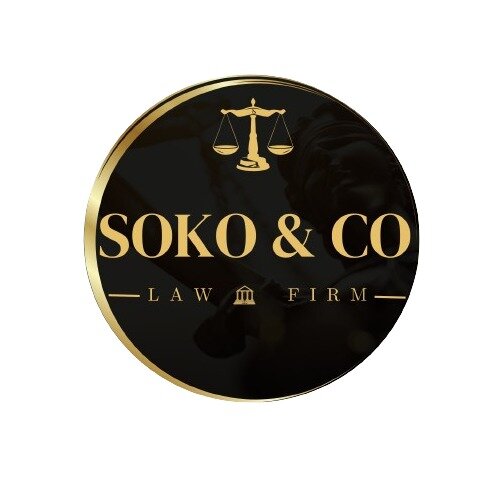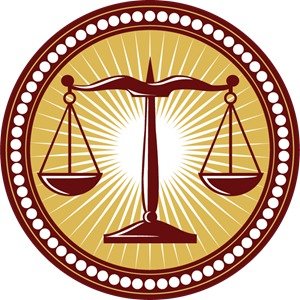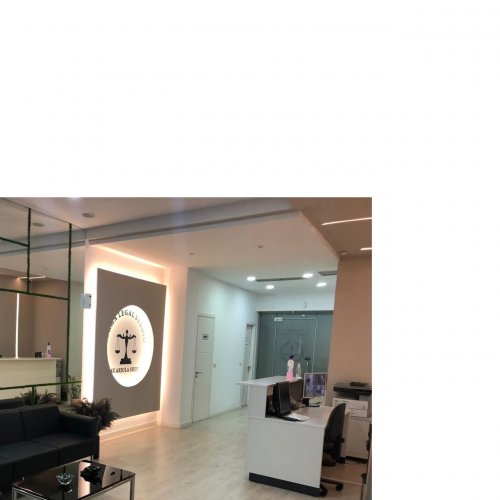Best Collaborative Law Lawyers in Albania
Share your needs with us, get contacted by law firms.
Free. Takes 2 min.
Free Guide to Hiring a Family Lawyer
Or refine your search by selecting a city:
List of the best lawyers in Albania
About Collaborative Law in Albania
Collaborative Law is a legal approach aimed at resolving disputes amicably without going to court. In Albania, this method has gained recognition, particularly in family law matters such as divorce, child custody, and property division. Collaborative Law emphasizes cooperation between the parties involved, guided by their respective lawyers, to reach mutually agreeable solutions. This process encourages open communication and a voluntary exchange of information, thereby reducing the stress and cost typically associated with litigation.
Why You May Need a Lawyer
Engaging a Collaborative Lawyer can be beneficial in various situations, including:
- Divorce or separation where parties prefer amicable resolution.
- Child custody and visitation arrangements needing cooperative development.
- Negotiating financial settlements and property distribution.
- Resolving family disputes without court interference.
- Crafting prenuptial or postnuptial agreements collaboratively.
A lawyer experienced in Collaborative Law helps guide discussions, ensure that both parties adhere to the commitment of open communication, and maintain focus on creating win-win solutions.
Local Laws Overview
In Albania, Collaborative Law is informed by both national legislation and international conventions to which Albania is a signatory. While there is no distinct legislative framework exclusively governing Collaborative Law, its principles align with the alternative dispute resolution mechanisms supported by the Albanian legal system. Key aspects include:
- Adherence to Albanian family law, particularly in matters of marriage dissolution, custody, and financial disputes.
- The respect for agreements reached through collaborative practices under Albanian Civil Code provisions.
- Regulations surrounding confidentiality of discussions held in collaborative meetings.
- Incorporation of European Union directives where applicable, notably in cross-border family disputes.
Frequently Asked Questions
What is the goal of Collaborative Law?
The primary objective of Collaborative Law is to resolve disputes amicably by prioritizing respect, open communication, and a solution-focused approach rather than adversarial tactics.
Is Collaborative Law legally binding in Albania?
Yes, agreements reached through Collaborative Law can be legally binding if they comply with Albanian contractual laws and are formalized properly.
Who can participate in the collaborative process?
Typically, both parties, their respective lawyers, and other professionals such as financial advisors or child specialists may participate to provide expertise and facilitate resolution.
How is confidentiality maintained?
All parties, including their legal representatives, agree to maintain confidentiality regarding the discussions and any sensitive information exchanged during the collaborative process.
Can collaborative agreements be modified?
Yes, collaborative agreements can be reviewed and modified by mutual consent, especially when there are significant changes in circumstances.
What happens if an agreement cannot be reached?
If the collaborative process does not result in an agreement, the involved lawyers must withdraw from the case, and the parties may then pursue other dispute resolution methods, such as mediation or litigation.
How long does the collaborative process usually take?
The duration of the collaborative process varies depending on the complexity of the issues. It tends to be quicker than litigation since it is driven by the parties' willingness to cooperate.
Is Collaborative Law cost-effective?
Collaborative Law can be more cost-effective than traditional litigation, as it reduces court fees, lengthy legal procedures, and focuses on effective negotiations.
What should I expect from my collaborative lawyer?
You should expect your lawyer to guide the negotiation process, ensure an open and respectful communication atmosphere, and work towards a fair and balanced resolution.
How can I find a qualified Collaborative Lawyer in Albania?
Look for lawyers with specialized training in Collaborative Law and experience in handling cases collaboratively. Professional networks and referrals can be helpful resources.
Additional Resources
For further assistance and support in Collaborative Law in Albania, consider consulting the following:
- The Albanian Bar Association for referrals and resources.
- Local mediation centers that may offer collaborative law services.
- International organizations focusing on family law and alternative dispute resolution.
- Government offices providing information on legal rights and resources available for families.
Next Steps
If you are considering the collaborative process, here are steps to take:
- Assess whether Collaborative Law suits your situation by understanding your goals and willingness to participate openly.
- Research and consult with qualified collaborative lawyers in your area to discuss your case and their approach.
- Ensure that all parties involved are committed to the principles of Collaborative Law, including confidentiality and cooperative problem-solving.
- Begin the collaborative process with the guidance of your legal representative, and keep communication open and constructive.
- Work towards a binding agreement that reflects the interests and needs of all parties involved, ensuring it's legally recognized.
Lawzana helps you find the best lawyers and law firms in Albania through a curated and pre-screened list of qualified legal professionals. Our platform offers rankings and detailed profiles of attorneys and law firms, allowing you to compare based on practice areas, including Collaborative Law, experience, and client feedback.
Each profile includes a description of the firm's areas of practice, client reviews, team members and partners, year of establishment, spoken languages, office locations, contact information, social media presence, and any published articles or resources. Most firms on our platform speak English and are experienced in both local and international legal matters.
Get a quote from top-rated law firms in Albania — quickly, securely, and without unnecessary hassle.
Disclaimer:
The information provided on this page is for general informational purposes only and does not constitute legal advice. While we strive to ensure the accuracy and relevance of the content, legal information may change over time, and interpretations of the law can vary. You should always consult with a qualified legal professional for advice specific to your situation.
We disclaim all liability for actions taken or not taken based on the content of this page. If you believe any information is incorrect or outdated, please contact us, and we will review and update it where appropriate.
Browse collaborative law law firms by city in Albania
Refine your search by selecting a city.












